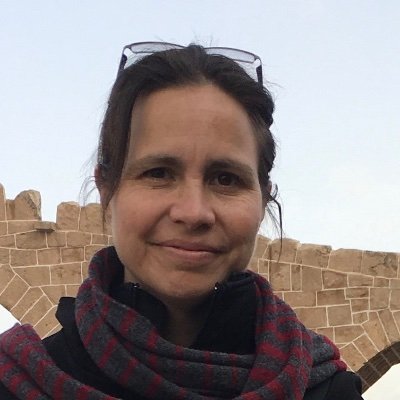
This article is reserved for our subscribers

Stephanie Saldaña is an American author and journalist who has spent many years living in and documenting the Middle-East for many years. In her new book, What We Remember Will Be Saved (Broadleaf Books, 2023), she tells the story of six migrants who left their homes after the civil war in Syria, and of the things they took with them. In a deeply human story, she reflects on memory, cultural preservation and what is truly saved when nothing else survives.
Voxeurop: The book has been out for about a year. How do you feel about it?
Stephanie Saldaña: It was a book that took such a long time to write. It was a real labour of love to follow these stories and to get to know these people. And I, of course, had a lot of anxiety about doing justice to their stories. In that sense, it was a relief to have it out in the world, but even so, I’ve always felt very protective of it. It came out on September 12 and then October 7 happened, and the world looked elsewhere. I just hope it’s a story that people will return to in time. I think that now more than ever, people need to be aware of the worlds that are destroyed in war and of the people who are entrusted with carrying their histories. In a sense, I feel that the book is more relevant now than it’s ever been, even if it might not seem that way.
This book is about confronting and surviving trauma. The people in your book have the tools to do that, they have so much to offer and to teach people.
I think they’re rememberers, the people I write about. People often ask me how I found them. It’s easier than you think: every community, every family has its rememberer, and they will lead you to them. And these people remember, and by remembering they hold something together in a community or in a family. And I think this book is really people sharing how they do that.
You open up the story by describing them as “hidden historians”. We see history as a narrative told by academics or journalists. But your approach to tell history through the stories of the people, the hi…